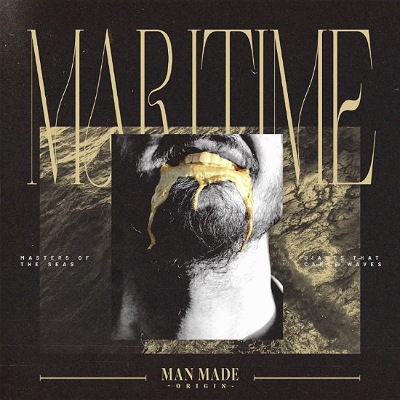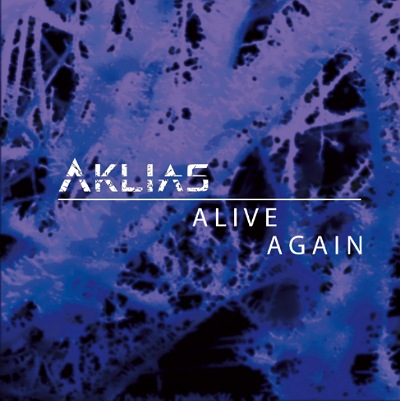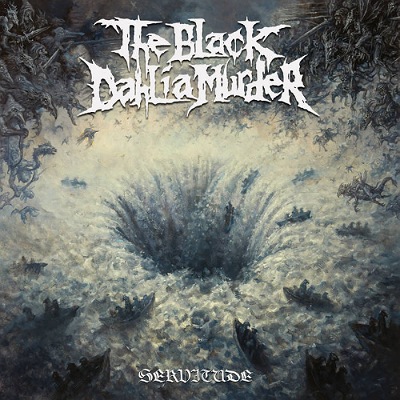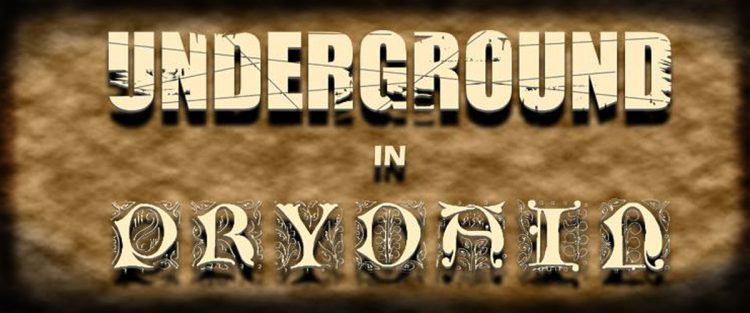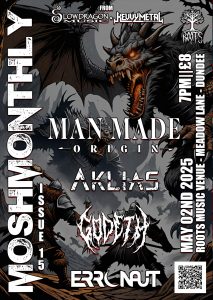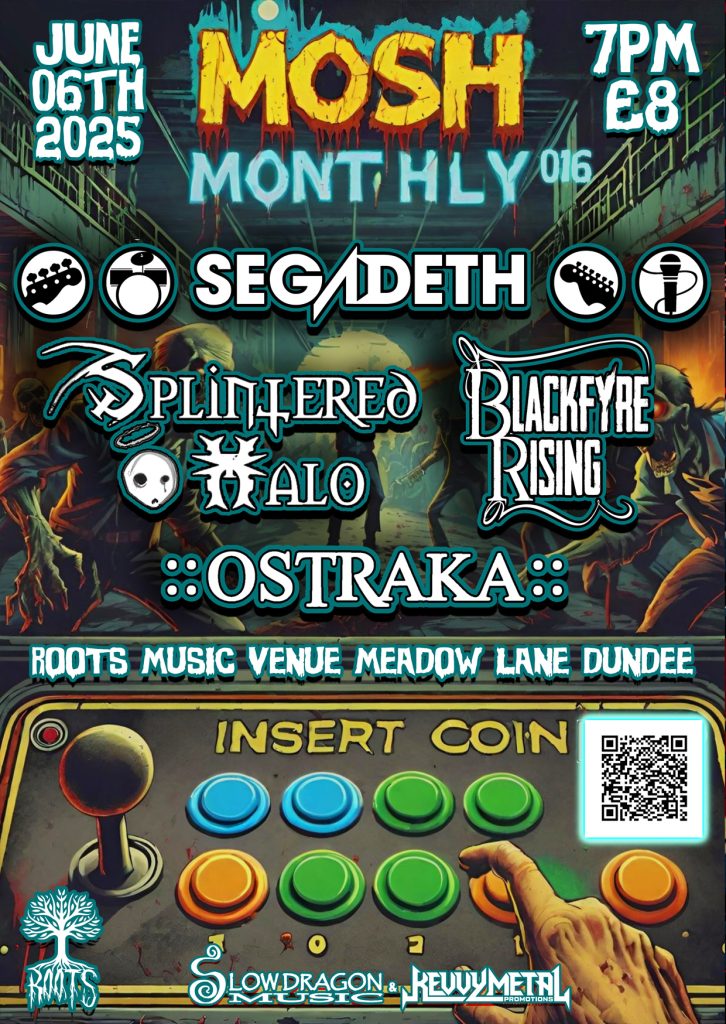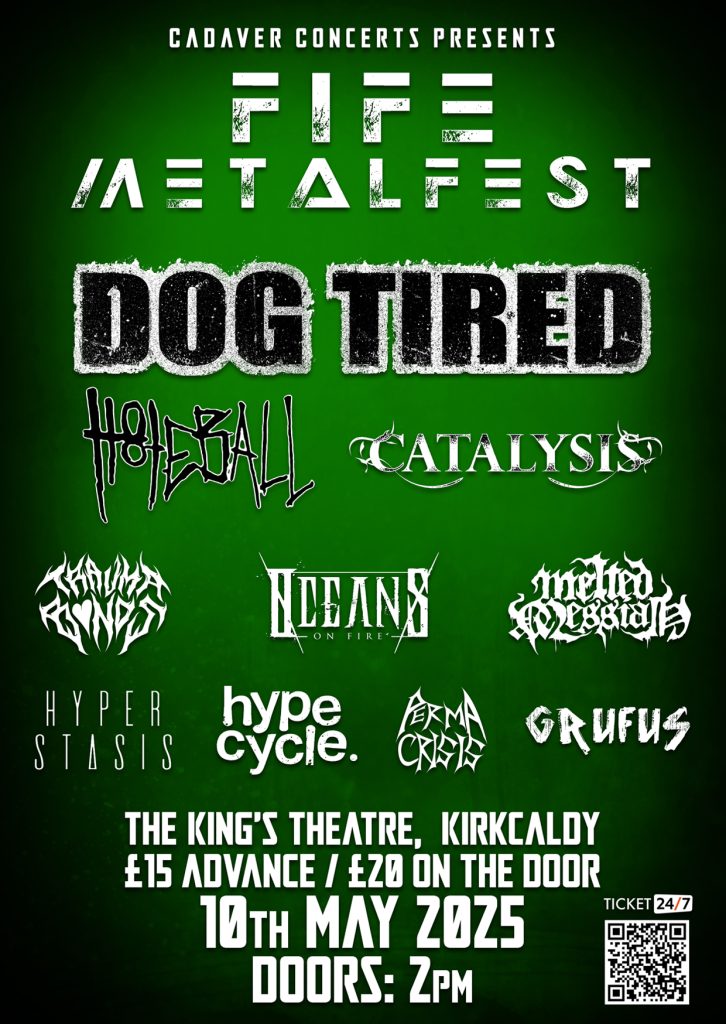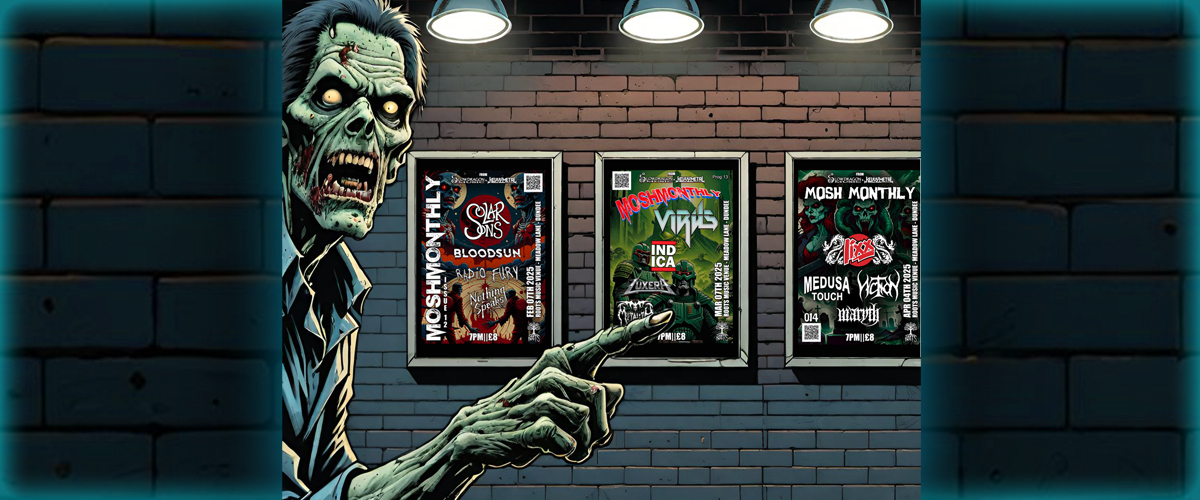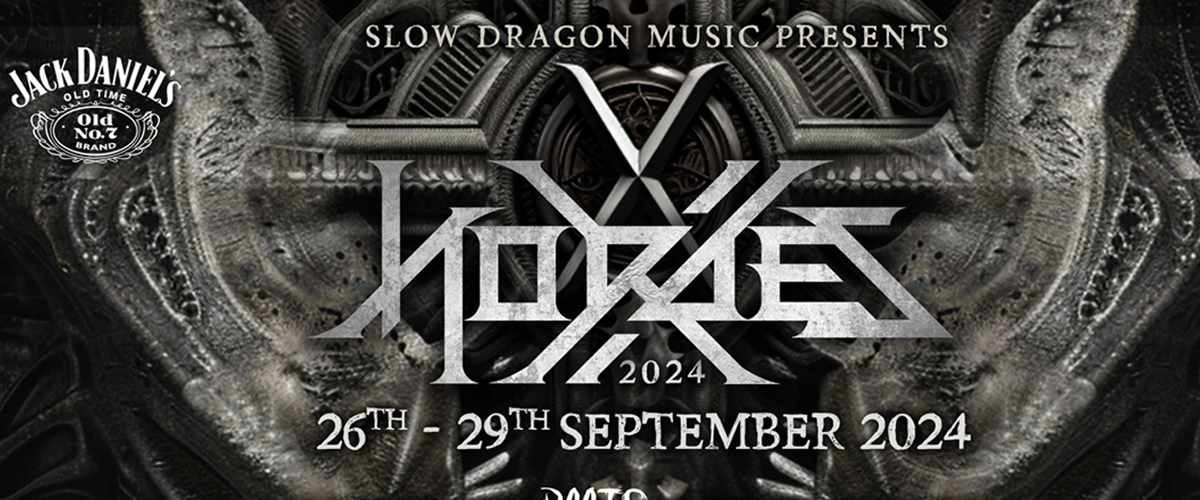Underground In Prydain: Forms Of Release
Originally posted 03rd September 2014
The issues surrounding releasing a new record have long been a bone of contention in the music industry. Many theorise, and with some strong supporting evidence, that people have to hear music before they are even remotely interested in investing in it. This means an artist’s work simply has to be out there, available for consumption. However, since the swell in free access to music via digital media, the question has been asked more and more often: is physical music a dead scene?
There are, of course, the stalwart, die-hard fans of the tangible formats. Some still hanker for the neat and handy cassette tape. Others are big supporters of vinyl, pushing it back onto the music industry radar, complete with large artwork and warming tones. Even though digital music is rapidly becoming a force to be reckoned with, CD is still responsible for around half of all revenue generated by recorded music.
That’s great for the industry, but as regular readers will have noticed, these things don’t always translate directly to the underground band. Ask a musician friend or three! Based on personal experience, smaller artists actually seem to do much better selling hard copies of demos, EPs and albums at events than they do trying to convince their rabid fan-bases to part with the readies for digital music.
Then again, that does involve ‘on the night’ spending…
Naturally, there is a lot more for the independent artist to consider when thinking about putting a recording out there than balancing the books. Let’s face it, even some of the best bands you’ve ever heard are essentially pumping cash into an amazing hobby. There’s the sense of personal achievement. Seeing a 40 to 50 minute long album through to completion is something to be proud of. Not everyone can do that, and it might be all you need to share that with the world. There’s the fact that recorded music can be utilised as a loss leader or promotional venture, drawing attention to an artist’s other activities and merchandise.
However, even with the most basic yet efficient home recording set-up, it’s still not a cost free endeavour, and the amounts invested by even the smallest band are not to be sniffed at. If they were to seriously look into recouping the overheads of a recording project, would it better to try and minimise the outlay in getting the recorded music heard, or invest even more in the hope that it can reach more people. People who might become a part of their musical story, helping them to progress to greater things. It’s a gamble that might pay off.
Might…
But what methods should bands be investing in?
Read more from Underground In Prydain and the Underground In Prydain Archives





